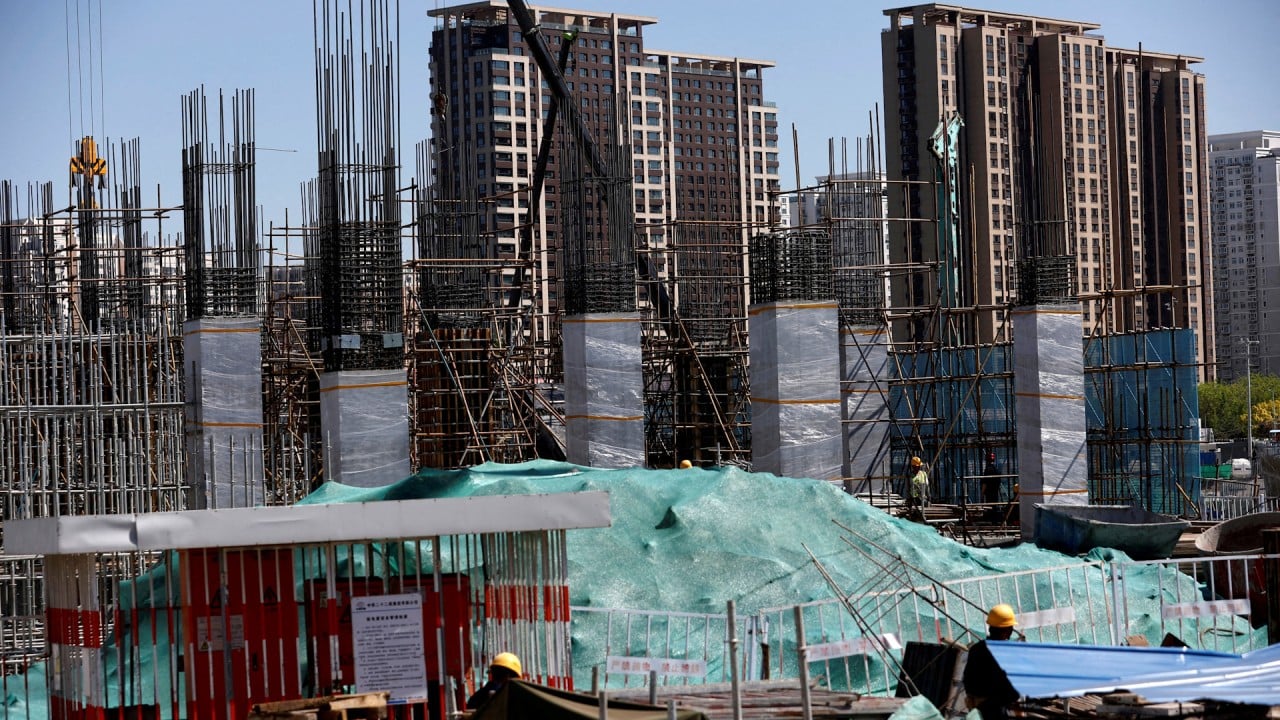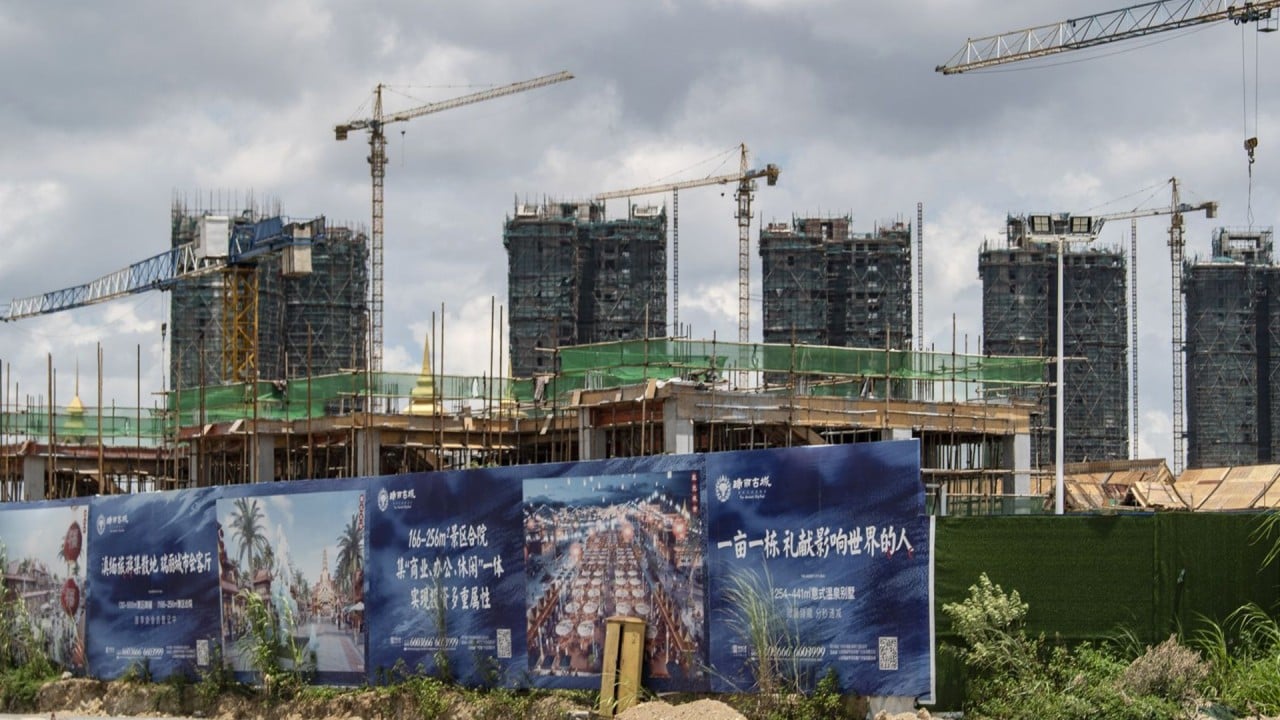
Chinese financial regulators pledge further measures to tackle local government debt and property sector woes
- Property is one of the biggest risks facing the economy with the country’s largest private developer Country Garden adding to the sector’s woes
- Financial agencies told to coordinate support for local governments as they tackle debt risks
Chinese financial regulators vowed on Sunday to intensify policy coordination to address risks of local government debt and pledged to improve credit policy for the real estate sector.
Their statement, aiming to mitigate two major systemic risks to the country’s economy, came after the central bank, the country’s top financial regulator and the securities watchdog met major financial institutions on Friday.
The regulators said financial agencies need to coordinate financial support and tools to support efforts to remove local government debt risks and “strengthen risk monitoring, evaluation and prevention mechanisms”.
Banks have also been told to increase lending to support the real economy and cut lending costs.
The statement also said credit policy for the property sector will be adjusted and improved, but did not give details.
Meanwhile the state-backed Zhongrong International Trust, one of China’s biggest players in the country’s shadow banking sector, also failed to pay its clients after their trust products had matured.
Their plights have further dampened confidence in China’s already-weak property sector and debt-laden local governments that have borrowed from shadow lenders over the past years.
“Major financial institutions should act proactively and disburse more loans as big state-owned banks continue to act as pillars,” the statement said.
“They have to focus on keeping the growth in loans steady, give appropriate guidance to lessen fluctuations in lending and increase the stability of financial support for the real economy.”
Beijing has promised to mobilise all resources to reinvigorate its worsening economy after weak economic growth figures in July. The deepening property crisis has further increased the pressure on debt-ridden local governments and increased concerns about the impact on the wider economy.
Financial institutions should strongly support core areas such as small and medium-sized enterprises, green development, technological innovation and manufacturing, the statement said.
Local governments have been using companies they own, which are known as local government financing vehicles, to borrow money – usually off budget – to develop infrastructure to skirt restrictions on borrowing directly from the market.
The way these local authorities use the money and the returns generated by the infrastructure projects generated are often opaque and create hidden debt.



